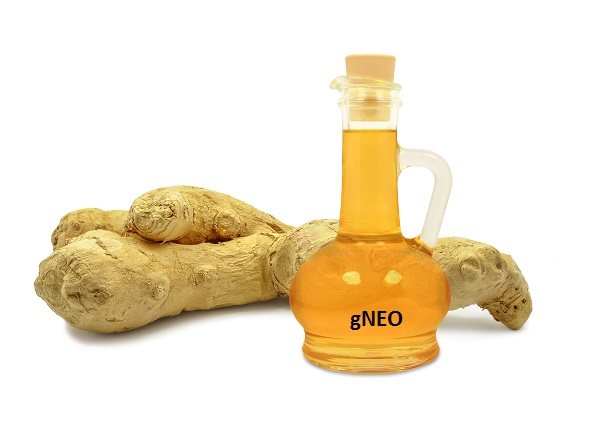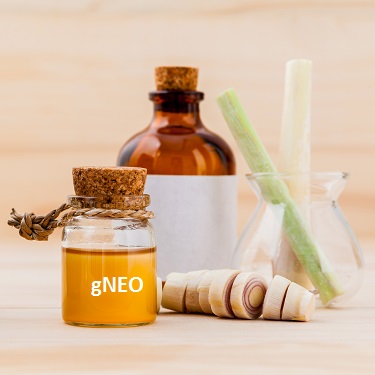Description: Citronella Essential Oil from its wide use as a non-toxic mosquito repellant, but it also has a wide range of applications from the treatment of rashes and inflammation, or in household products and much more. The most common species used for citronella essential oil is extracted from managrass, a hardy grass in the lemongrass family that is native to Africa and Asia. Its chemistry is made up of citronellol, citronellal, citronellic acid, geraniol, nerol, borneol, citral, camphene, limonene and dipentene; its powerful lemony, citrus aromas and slightly woody undertones are much softer than lemon, but instantly recognizable due to its wide availability and use in many commercially available products. The oil itself is a pale to dark yellow thin liquid with a medium top perfume note. The Indian variety is produced in smaller quantities than in other producing countries, which include Sri Lanka, Taiwan, Madagascar, Brazil, North and South Africa. it stimulates perspiration, which helps to rid the body of toxins, excess water, and salt. Citronella Essential Oil helps to fortify the body by toning the digestive system, the CNS, and the brain, promoting an overall sense of health and wellbeing. it can treat minor infections, due to its anti-fungal and antiseptic qualities. it also treats overly oily skin, scalp and hair.
Botanical Name: Cymbopogon nardus
Plant Part: Leaves
Extraction Method: Steam distillation
Odor and Appearance: A light yellow to tan liquid with a low viscosity and aldehydic odor.
Country of origin: Indonesia
Main Constituents: Citronellal, geraniol, citronellol, geranyl acetate, limonene, and methyl isoeugenol.
Common Uses: Common uses of Citronella Essential Oil include using it as a natural insect repellent in sprays, candles, and diffusers, incorporating it into outdoor and camping products to deter bugs, adding it to skincare formulations for its potential antiseptic properties, using it in aromatherapy to create an uplifting and invigorating atmosphere, and blending it into cleaning solutions for its refreshing scent and potential antimicrobial effects.
Note: Top note.
Blends well with: Lemon, Eucalyptus, Lavender, Peppermint, Eucalyptus, Tea Tree, Geranium, Cedarwood, Lemongrass, Rosemary, and Frankincense
Contraindications: Citronella essential oil is considered non-toxic and non-irritating, but caution should always be taken when applying directly to the skin. Heed all recommended dilution factors and avoid if sensitivity is noted. Not recommended for use by pregnant women or small children unless under the direct supervision of a qualified practitioner who is certified in aromatherapy.
*These statements have not been evaluated by the Food and Drug Administration. This product is not intended to diagnose, treat, cure, or prevent any disease.*
For large quantities please contact us via our phone number or through the Contact Us page.
Like us on Facebook.









Erika (verified owner) –
Anonymous (verified owner) –